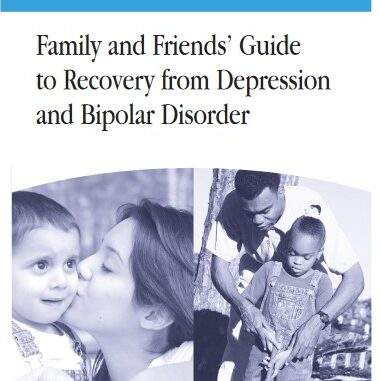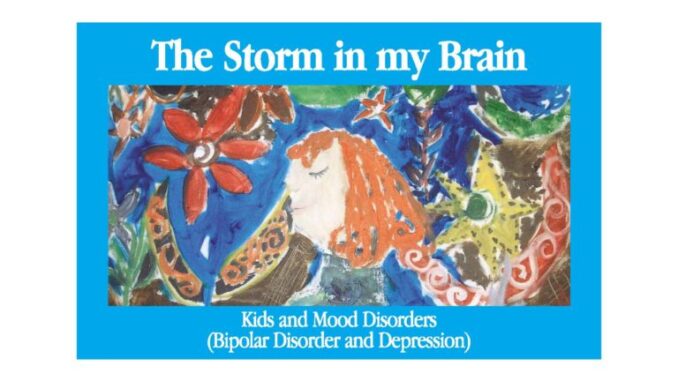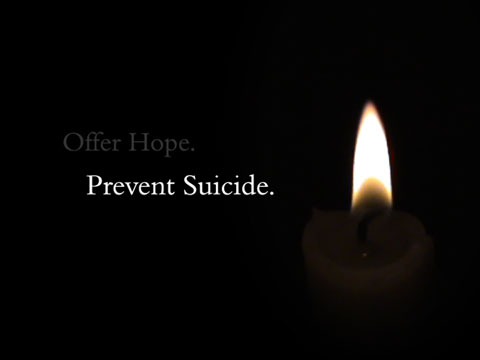
Conflict Management in DBSA Chapters
Conflict, if managed appropriately, can be a valuable tool in the development of any DBSA chapter. […]

Conflict, if managed appropriately, can be a valuable tool in the development of any DBSA chapter. […]

Clinical trials are research studies involving people, which may be conducted by universities, hospitals, non-profit community agencies or for-profit testing companies. Some trials evaluate the effects of new or existing medications. Others study new forms of psychotherapy or other treatment methods. Each follows a structured plan developed before the trial begins. […]

This brochure will give you the information you need to help you decide what’s right for you in your treatment and recovery plan. You’ll learn that the decision to choose a brand name or a generic is one that involves you and your health care team. […]

Helping a Friend or Family Member with Depression or Bipolar Disorder Mood disorders such as bipolar disorder (also known as manic-depression) and depression affect millions of people. Their family members and friends are affected too. […]

https://dbsasgv.org/wp-content/uploads/2023/07/storminmybrain-1.pdf

More than 20 million American adults live with depression, or an estimated 10% of the U.S. population. 2.3 million live with bipolar disorder. If you’re suffering from bipolar disorder or depression, you’re simply not alone. In women ages 40-59, 1 in 4 are now taking antidepressants.
So what can you do? One key tool with remarkable efficacy are support groups, and there’s a real science behind this. It is a means to deal with a largely genetic condition by creating an environment that changes gene expression. […]


Handbook for Recovery After a Suicide Attempt […]

The Electroshock Quotationary® Leonard Roy Frank, Editor Publication date: June 2006 Copyright © 2006 by Leonard Roy Frank. All Rights Reserved. Dedicated to everyone committed to ending the use of electroshock everywhere and forever The […]

Suicidal people suffer from inner turmoil that leaves them feeling isolated and hopeless. Many people who struggle with suicidal tendencies fail to seek the help they so desperately need. The majority of suicidal people do not want to die; they just want to stop the pain. Suicide prevention starts with the sufferer recognizing the warning signs and admitting that they have a problem. Family and friends should also pay close attention to these warning signs to ensure the sufferer finds the help they need. Simply talking about suicidal thoughts and feelings can help save a life. […]